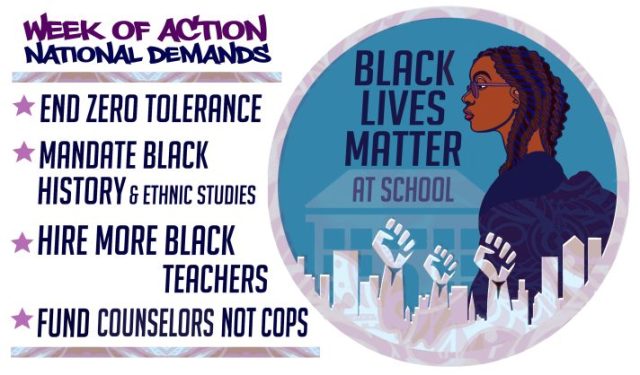Impersonating A Teacher
Teach for America.
My hackles raise right up, all by themselves. If you clerked for a year before you went to work as a welder, you are not a former lawyer who's now qualified to sit as a federal judge. If you were pre-med in college and spent a summer working as a hospital orderly before you started managing a Piggly Wiggly, you are not a former doctor who's now qualified to serve as head of surgery for a major hospital. And if you spent two years in a classroom after five weeks of training and before you started law school and went into practice doing corporate acquisitions for hedge funders, you are not a former teacher who is now qualified to run an entire school district.
There are lots of complicated policy issues and intricate nuances to analyze about the last few decades of education reform. But one of the biggest problems with the modern ed reform is actually pretty simple-- ed reform has put a whole lot of unqualified amateurs in positions of responsibility that they lacked the knowledge or experience to manage well. John White, Kevin Huffman, Michelle Rhee, Joel Klein, Chris Barbic, David Coleman-- unqualified amateurs all. And that's just the national stage-- it would be a herculean task to track all the regional amateurs, guys like David Hardy, Jr., who have trashed a local district after finding themselves in leadership positions they weren't qualified for. The graduates of the Broad Academy. Most of the Chiefs for CONTINUE READING: CURMUDGUCATION: Impersonating A Teacher















